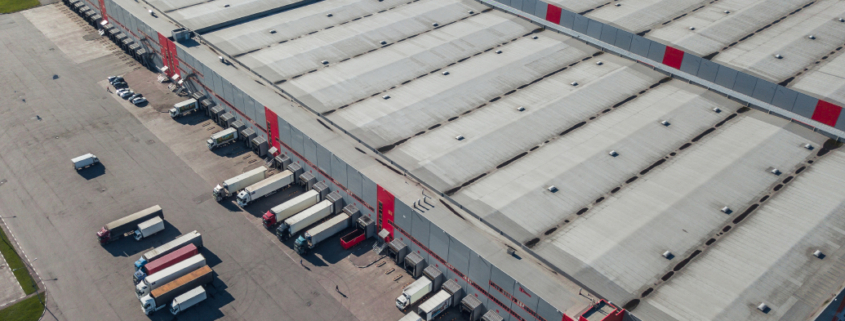IKEA begins autonomous freight delivery
Kodiak Robotics joined IKEA Supply Chain Operations in piloting autonomous freight deliveries in Texas. The partnership includes a Kodiak autonomous heavy-duty truck transporting IKEA products seven days a week between its distribution center in Baytown and its store in Frisco.
Kodiak said the main purpose of running the route is to get a better understanding of how its autonomous driving technology contributes to increased road safety and better working conditions for truck drivers on the longer distances. The driverless truck has a professional safety driver behind the wheel who picks up a loaded trailer at the distribution center each morning and oversees the autonomous delivery to the store by late afternoon.
Kodiak said it’s able to leverage its built-for-scale solution to rapidly and safely add new lanes. These include the recently announced launch of commercial operations between Dallas and Oklahoma City and service between Dallas and Atlanta. Kodiak has been delivering freight daily between Dallas and Houston since mid-2019, and delivering freight between Dallas and San Antonio since mid-2021.
Automated driving
While self-driving passenger cars tend to get the most attention, autonomous driving tech is poised to have an even greater impact on the global trucking and logistics industry.
Autonomous trucks aren’t yet commonplace on the world’s highways, but recent advances in autonomous trucking technologies mean that self-driving trucks could soon become a vital part of modern logistics operations — and an everyday sight for millions of motorists. Autonomous trucking could hugely increase efficiency and reduce costs, as well as help shore up critical weaknesses in many supply chains that cause shortages during disruptions like the Covid-19 pandemic.
Investors are starting to pay more attention to the space, backing increasingly larger deals to autonomous trucking startups lately.
Some recent developments in autonomous logistics are transforming trucks themselves, as auto manufacturers envision a future in which truckers’ cabs serve as mobile offices, fully connected to the grid via 5G and other wireless networking technologies. But beyond the vehicles, an entire industry of supportive technologies has emerged to provide solutions for logistics and goods haulage, from fleet management to freight matching.


